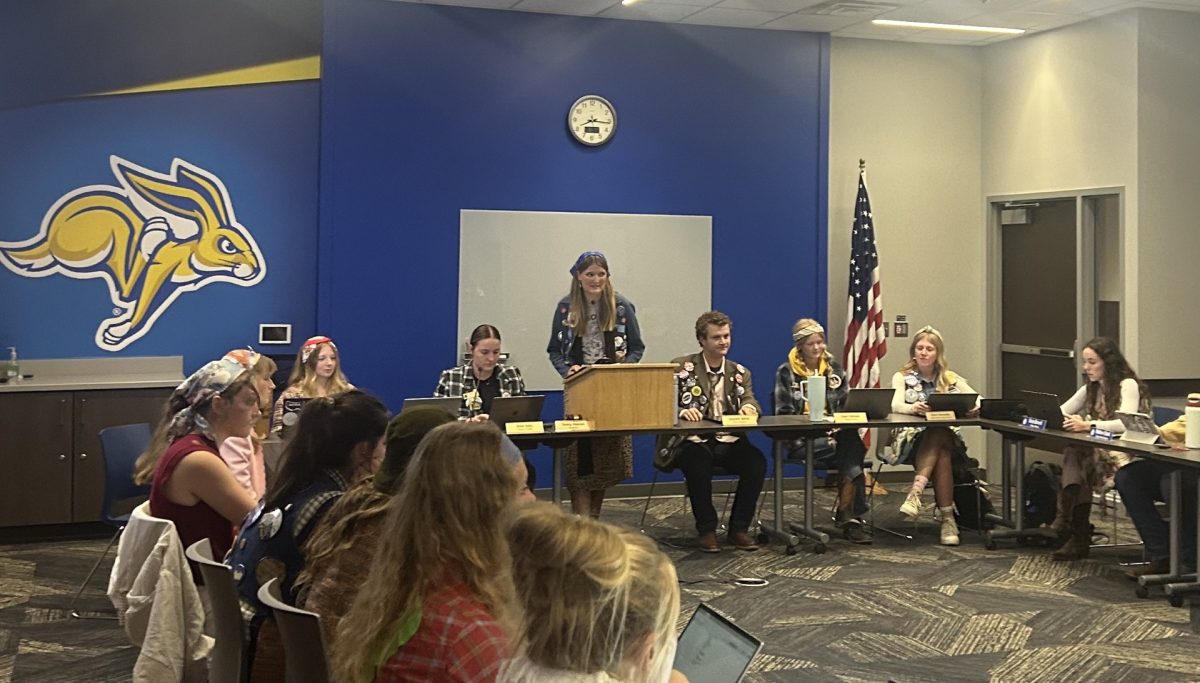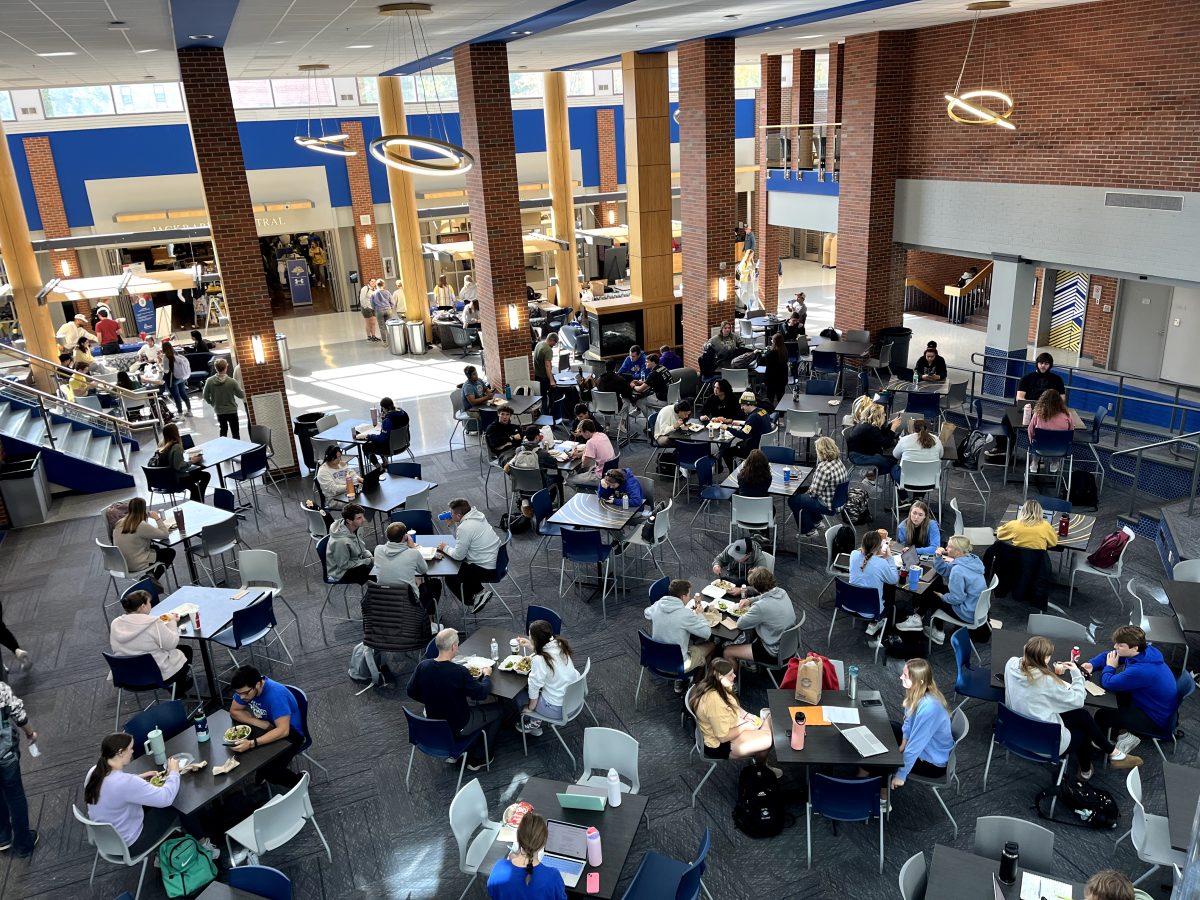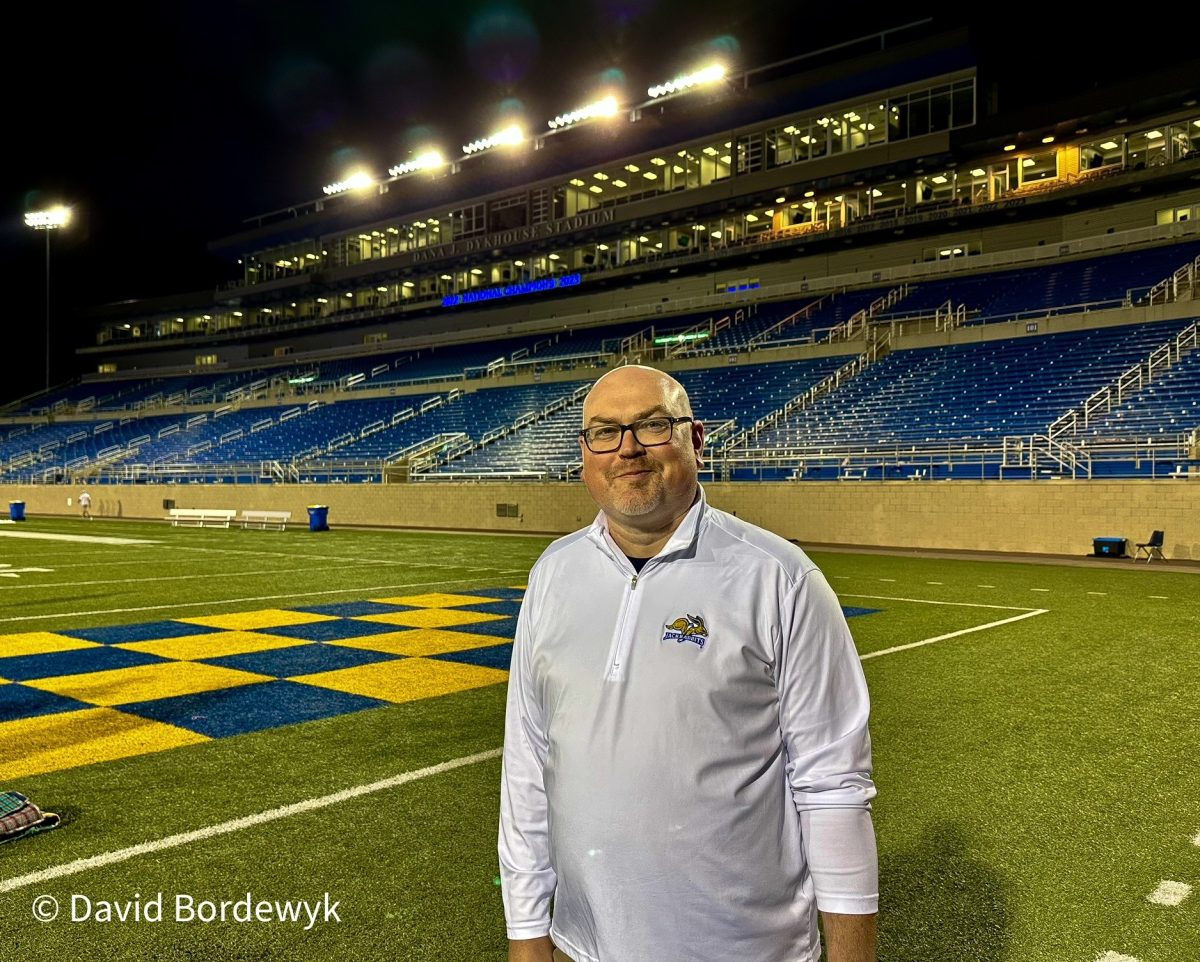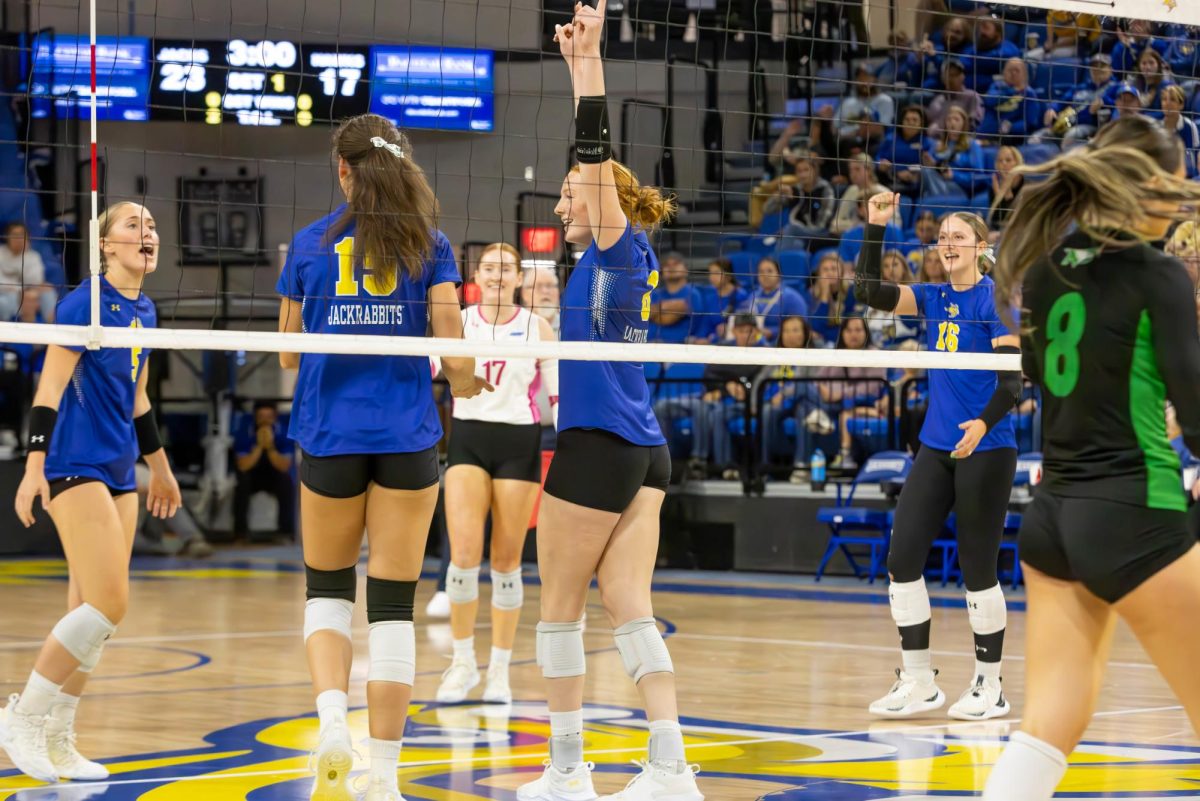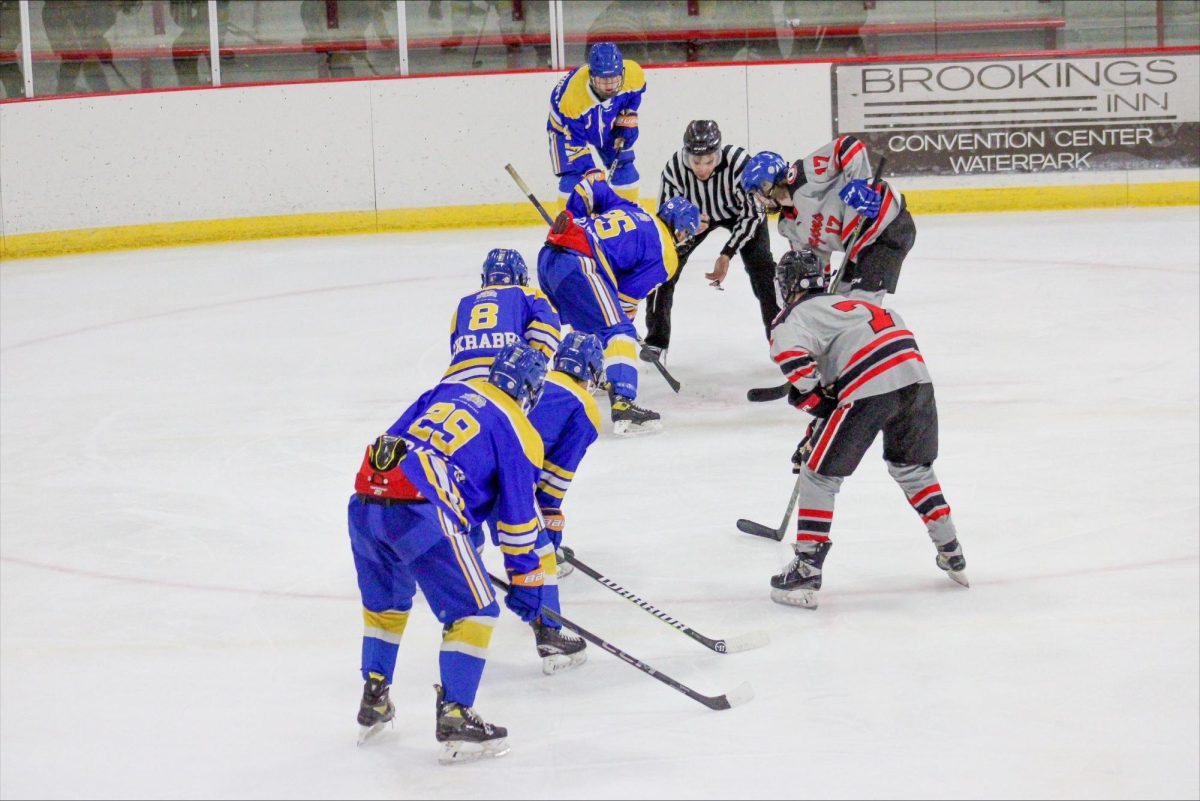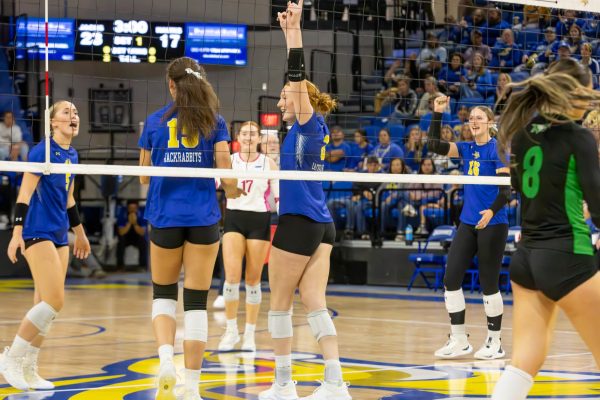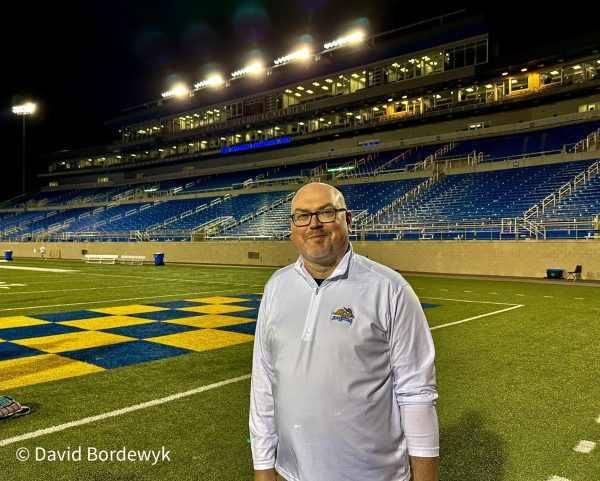Phased out
September 6, 2011
CUTS: Phased-out programs leave students hesitant about future
Andrew DeVaney checked his email April 14 just like any other day, but this time was different. A new message informed him that his major, like several others at SDSU, was being phased-out and would soon no longer be offered at SDSU.
“At first I was angry, but now that time has passed I’m OK,” said DeVaney, a senior media production major from Sioux Falls. “If I’m angry at anyone it’s not SDSU. It’s the people who had the idea that promoted and forced SDSU into having to make these sorts of cuts.”
Last April, SDSU officials announced a plan to bridge the budget gap caused by a 10-percent reduction in state appropriations. This plan, which cut several academic programs, has left many students feeling uncertain about what their academic future holds.
Jesse Ludwig, a senior manufacturing engineering major from Sibley, Iowa, was another student caught off-guard last spring when he learned that his major was being cut.
“It was shocking,” said Ludwig upon hearing the news of manufacturing engineering being eliminated. “It was weird because you just don’t expect anything like this to happen. They sell you this program to get you here and then they just cut it.”
The academic cuts didn’t enact program terminations right away. Students like Ludwig and DeVaney were told they had two years to finish their degrees.
DeVaney said he and fellow media production majors were told that if two years was not enough time to finish their degree, then they should either look into switching their major or specialization, or consider transferring universities.
“The time frame adds a little bit of pressure and if something came up where I had to take a semester off that would add some problems,” said DeVaney. “Some classes are only offered certain semesters, too, so I have to watch my schedule closely.”
Journalism Department Head Mary Arnold said having to tell students and faculty that the media production specialization would be phased out in two years was heartbreaking.
“It was the hardest things I have ever had to do in my entire academic life,” she said. “But enrollment in that area was down, so if something had to go, that was it.”
DeVaney said he made adjustments in his schedule to make sure he finished on time by taking ten credits during the summer months.
“I’m dealing with it just like everyone else,” DeVaney said. “It’s there. It happened. Now I just have to get over it and deal with it the best I can.”
Ludwig said he found it irritating that an engineering program, especially manufacturing engineering, would be chosen to go because he said it is the sort of program that could help the whole nation’s economy rebound from the last recession.
“In a country where we are trying to bring back manufacturing, cutting this program just doesn’t make any sense to me or seem at all fitting to what should be done,” said Ludwig. “There’s demand for jobs in this area. It mind boggles me that it’s cut.”
Ross Shafrath, a park management major from Hampton, Iowa, is also a student facing the effects of academic program cuts. He said now that his program is being phased out, he no longer could take many of his major’s core classes since they are no longer offered and must now take other substitute courses instead.
“We’re trying to accommodate both sides of park and recreation by substituting recreation classes in for the missing park ones,” Shafrath said “but it would have been nice to hire someone else – since my advisor who taught them before retired – to have for park management to teach the same classes.”
Because Shafrath plays football under scholarship for the Jackrabbits, transferring schools was not an option he was willing to take. Also, he was already halfway through completing his major, so switching seemed like a choice that would put him further behind.
“If you were a year or two into the program, you’re in more trouble than people like me since I am relatively close to being done,” Shafrath said. “It’s really unfortunate for the kids who aren’t going to be able to finish a major they came to school here for.”
Samantha Gillen, a psychology major from Bridgewater, S.D., had looked into taking several business courses in hopes of gaining business experience until she was surprised to hear that they were eliminated. She plans to attain a master’s degree after receiving her undergraduate degree and having a business background would have been helpful, she said.
“I was surprised and definitely disappointed to find that it had been cut,” she said.
Gillen said she now is pondering the idea of transferring to Black Hills State University in order to acquire the information she desires.
Gillen said she understands that cut had to be made, but she was uneasy with the way it occurred. She said she wished she was given more warning, as it could have made planning for the future easier.
“I’m not sure how decisions were made, but it would have been nice to incorporate student views in the decision,” she said. “Having fresh student input rather than just surprising us all.”
Lugwig said he didn’t see what SDSU gained by cutting academic programs.
“It’s hurt a lot of people and I don’t see the point in any of it,” he said.
DeVaney agreed and said education should have been one of the last items cut from SDSU.
“I think it’s too bad that education has to get cut,” said DeVaney. “I think there are other things that could be cut before education. Why would education be one of the first things to get cut? I think that’s a problem.”



